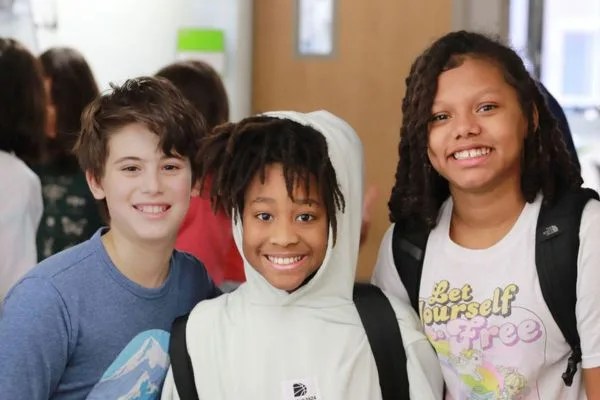Mental health is an important aspect of overall health. Children suffer from mental health issues just as severely as adults, yet the priority on access to good care for children with mental health issues has been a lower priority. Many agencies are working to change that.
The purpose of the specific focus of Children’s Mental Health Week, May 3–9, 2015, was to raise awareness about the need for good access to care for children with mental health issues, but also to highlight the support resources that are already available for children and teens who may be suffering from mental health issues and trauma. It was an opportunity to discuss the importance of access to mental health services, and reduce the stigma surrounding mental health issues. During this week, positive mental health practices were featured.
The theme this year was “Mental Health is Fundamental.” And it truly is. Mental health issues stem from illness in the central nervous system, and should be prioritized as high as any other health condition facing our children. While as many as 20 percent of children in America have some sort of mental health issue, according to research by Scien
Our children need access to good mental health programs across the United States. A recent study from the U.S. National Center for Health Statistics found that one in 13 school-age children is taking one or more prescription medicine for behavioral or emotional issues. The data was derived from the National Health Interview Survey, which continually collects information about U.S. health and health care. Although the researchers could not identify specifically what the children were being treated for, in their expert opinions, the most likely disorders are attention deficit hyperactivity disorder, anxiety, and depression.
When left untreated in children and adolescents, mental health problems can result in negative and sometimes tragic consequences. These may include dropping out of high school, substance abuse, juvenile detention, physical health problems, and even suicide. Associated costs, both financial and human, are wide and can impact not only the child, but his family, community, and beyond (as much as $247 billion per year, according to the Annual Report on Health Care for Children and Youth in the United States).
The National Federation of Families for Children’s Mental Health (National FFCMH) (www.ffcmh.org/awarenessweek/toolkit) wants Children’s Mental Health Awareness Week to send the following messages to our communities:
• Mental health is essential to overall health and well-being.
• Serious emotional and mental health disorders in children and youth are real and treatable.
• Children and youth with mental health challenges and their families deserve access to services and supports that are family driven, youth guided, and culturally appropriate.
• Values of acceptance, dignity, and social inclusion should be promoted throughout all communities for children and families.
• Family and youth voice is a valued asset in determining appropriate services and interventions.
• End stigma!
It’s important for our children, families, and communities.
Alexa Bigwarfe is the mother of three small children. Her son was diagnosed with attention deficit hyperactivity disorder at the age of 7, and she is passionate about removing the stigma around children’s mental-health issues.
Resources:
Learn more about awareness week, childhood emotional and behavioral problems, and medications from the following sites:
Supporting Children’s Mental Health: Tips for Parents and Educators www.nasponline.org/resources/mentalhealth/mhtips.aspx
American Academy of Child and Adolescent Psychiatry
www.sciencedirect.com/science/article/pii/S1876285914002538
www.ffcmh.org/awarenessweek/toolkit
www.samhsa.gov/children/national-childrens-awareness-day-events/awareness-day-2015
Young children resources
http://archive.samhsa.gov/children/earlychildhoodmat.asp
Specific resources for young adults:




















